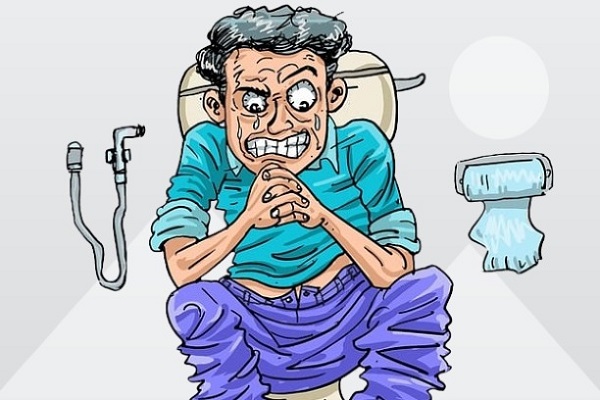Words: Dr Rajgopal NIDAMBOOR All of us have ‘good’ and ‘bad’ bacteria in our gut. This is nature’s balancing act. Besides, it’s not just eating, but also what goes on in your mind — for example, emotional stress — that may trigger irritable bowel syndrome [IBS]. That IBS has no known, or established, cause is
Embrace Wellness
Hi there ? It’s nice to meet you.
Sign Up for our Newsletter to get notified about new articles and updates.










